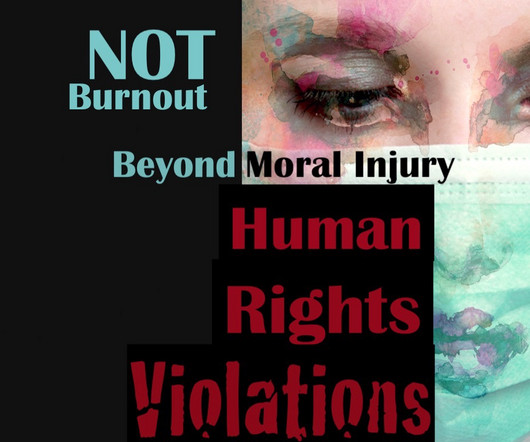Dysphagia Revisited: A Podcast with Raele Donetha Robison and Nicole Rogus-Pulia
GeriPal
MARCH 14, 2024
We also talk about the importance of a proactive approach to involving speech-language pathologists in the care of individuals early on with neurodegenerative diseases like dementia and ALS. So as you mentioned, dementia, there’s some research that show about 86% or 93% of those individuals will get that. Raele: Yes, of course.











Let's personalize your content